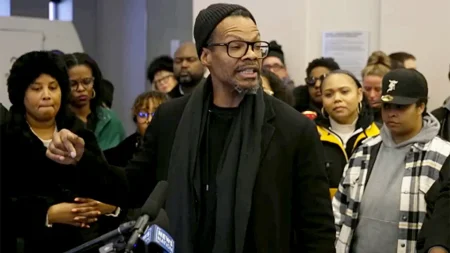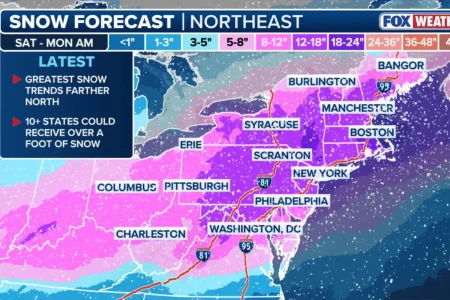Republican Officials Face Consequences for Online Chat Participation
In recent weeks, a number of Republican officials across the country have found themselves facing serious professional consequences after their participation in a controversial online chat group came to light. These officials, who engaged in discussions over several months, are now confronting a range of repercussions from outright job termination to mounting pressure for their voluntary resignation. The situation highlights the increasingly blurred lines between private communication and public responsibility in today’s digital landscape.
The chat group in question reportedly contained exchanges that many party leaders and community members deemed inappropriate or inconsistent with the values these officials were elected or appointed to uphold. While the specific content of the discussions has not been fully disclosed in all cases, the revelations have sparked significant backlash from constituents, colleagues, and party leadership alike. Several officials have already lost their positions, with others facing growing calls to step down as public trust in their judgment and character has been compromised by their digital footprint.
What makes this situation particularly noteworthy is the tension it reveals between personal expression and professional accountability in public service. Many of the affected officials have argued that these were private conversations never intended for public consumption, raising questions about privacy expectations for those in public roles. However, critics maintain that individuals who accept positions of public trust should be held to higher standards of conduct, even in seemingly private forums. This debate touches on fundamental questions about the character we expect from our representatives and whether digital communications should be considered differently than other forms of expression.
The repercussions extend beyond individual careers, affecting local governance and party dynamics in multiple jurisdictions. In some communities, these departures have created vacancies on important boards and committees that must now be filled, potentially shifting local political balances. Republican Party leaders at state and local levels find themselves in difficult positions, needing to address misconduct while minimizing political damage. Some have moved swiftly to distance the party from the controversy, while others have defended the officials or criticized what they characterize as overreactions to private conversations.
This controversy emerges against the backdrop of broader national conversations about accountability in public life and the role of social media in political discourse. Digital communications have increasingly become sources of political vulnerability, with numerous public figures facing consequences for past tweets, text messages, and online comments. The monthslong nature of this particular chat group suggests these weren’t isolated moments of poor judgment but rather a sustained pattern of communication that participants presumably felt was secure and private. This assumption of digital privacy—rarely justified in today’s interconnected world—has proved costly for these officials.
As the situation continues to unfold, it serves as a cautionary tale about the permanence of digital communications and the standards to which we hold those in positions of public trust. The affected Republican officials now face the difficult task of rebuilding their reputations and careers, while their communities grapple with questions of forgiveness, proportionate consequences, and whether private digital behavior should impact public service eligibility. Whatever one’s political perspective, this case demonstrates that in an era where the line between public and private communication grows increasingly thin, those who serve in government roles must be mindful that their words—even in seemingly private forums—may eventually reach the public they serve.










